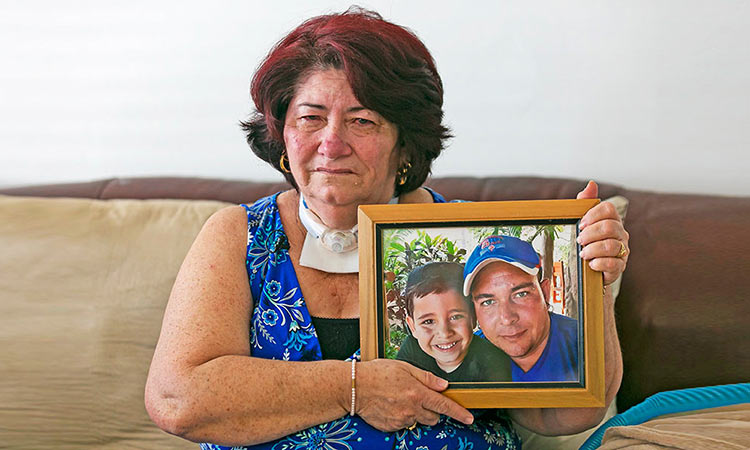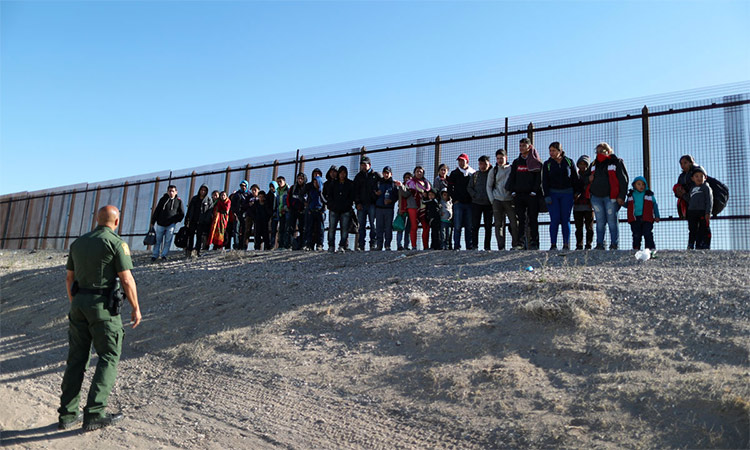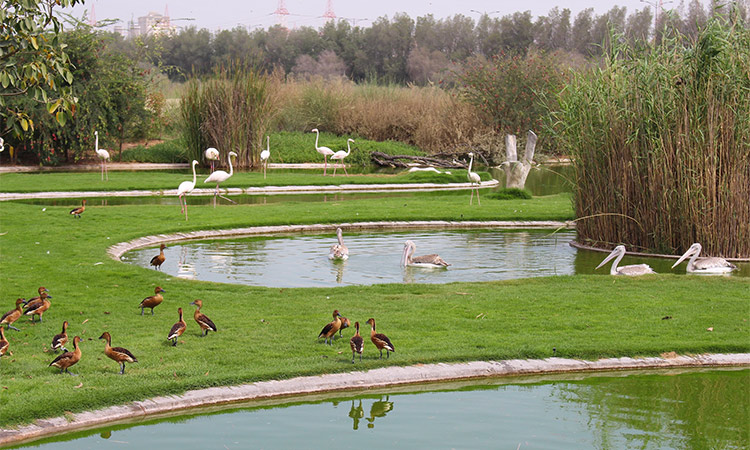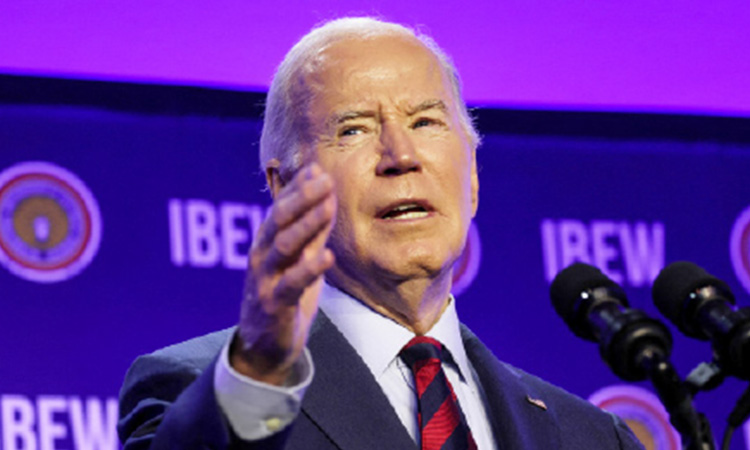Nations should protect dignity of migrants
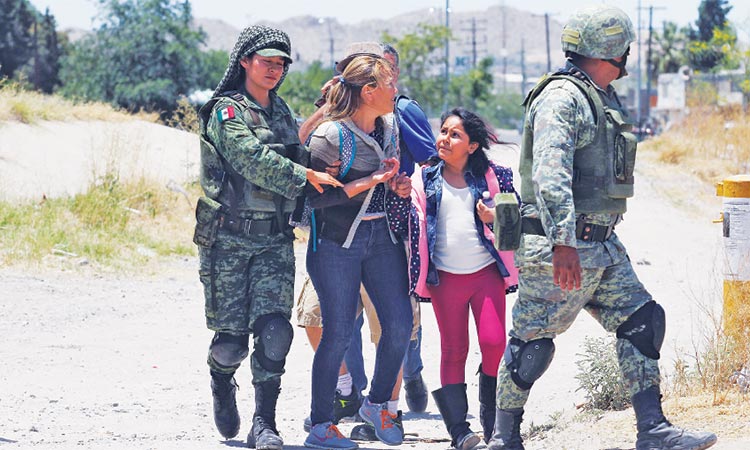
The photo has been used for illustrative purposes.
The number of international migrants in 2019 is estimated at 270 million and the top destination remains the United States, at nearly 51 million, as per the UN migration agency.
In its recent global report, IOM made it clear that the overall figure represents just a tiny fraction of the world’s population, although it is a 0.1 per cent increase on the level indicated in its last report, published two years ago.
Interestingly, India continues to be the largest country of origin of international migrants, with 17.5 million living abroad, followed by Mexico (11.8 million) and China (10.7 million).
Other findings indicate that the number of migrant workers declined slightly in high-income countries — from 112.3 million to 111.2 million — but increased elsewhere.
Fair migration laws will benefit all and that’s precisely what the international community should strive for.
The huge amounts sent by way of remittances highlight the crucial role played by migrants.
As per IOM officials, international remittances increased to $689 billion in 2018, the top beneficiaries being India ($78.6 billion), China ($67.4 billion), Mexico ($35.7 billion) and the Philippines ($34 billion).
The United States remained the top remittance-issuer, at $68 billion.
Expats’ remittances from the UAE amounted to Dhs80.96 billion during H1-2019, according to figures released by the Central Bank of the United Arab Emirates.
A total of Dhs33.046 billion thereof was transferred through money exchange companies and the rest from the banks operating in the country, as per WAM news agency.
India took home the crown as the top-receiving country for earnings made by migrants, comprising 37.2% of total remittances during Q2.
Indians are followed by Pakistani beneficiaries, comprising 10.5 per cent, then Filipinos, 7.2 pc, in the third place, with Egyptians making up 6.3 pc, UK nationals, 3.8 pc, Bangladeshis, 3.7 pc, US nationals, 3.3 per cent, Jordanians 2.6 pc, the Swiss, 2.2 pc and finally Chinese, 1.5 per cent.
Talking about migration, people facing desperation are willing to risk their lives attempting to reach safer places.
A landmark UN migration study published recently shows that 93 per cent of Africans making the journey to European countries along irregular routes, would do it again, despite facing often life-threatening danger.
The UN Development Programme (UNDP) report, Scaling Fences: Voices of Irregular African Migrants to Europe, interviewed 1,970 migrants from 39 African countries in 13 European nations, all of whom declared that they had arrived in Europe through irregular means and not for asylum or protection-related reasons.
Interestingly, it found that getting a job was not the only motivation to move; that not all irregular migrants were ‘poor’ in Africa, nor had lower education levels.
Around 58 per cent were either employed or in school at the time of their departure, with the majority of those working, earning competitive wages. But around half of those working said they were not earning enough.
Migration has been a key issue for leaders including US President Donald Trump, Matteo Salvini in Italy and Marine le Pen in France, with many countries seeing a sharp shift to the right partly blamed on anti-immigrant sentiment.
But as Pope Francis well affirmed earlier, “May every nation devise effective means for protecting the dignity and rights of migrants and refugees, who face dangers, uncertainties and exploitation in their quest for freedom and a decent life for their families.”


